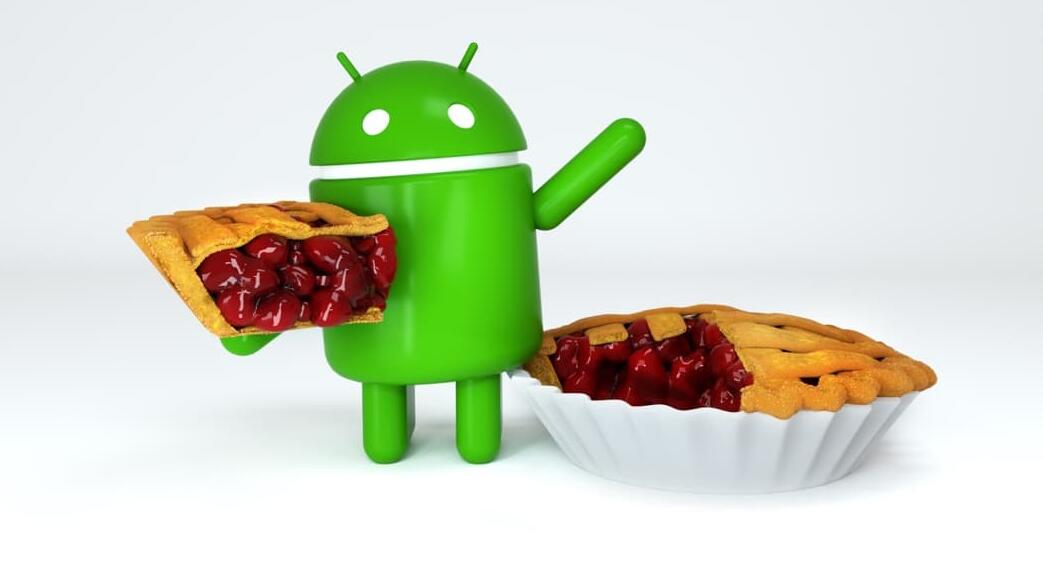
Android 9.0, also known as Android Pie, is a mobile operating system developed by Google. It was released in August 2018 and is the ninth major release of the Android operating system. Android 9.0 brings a number of new features and improvements to the table, including enhancements to the user experience, security, and performance.
Contents
User Experience
Android 9.0 introduces a new navigation system that makes it easier to get around your device. The traditional three-button navigation bar has been replaced with a new gesture-based system that allows you to swipe up from the bottom of the screen to go home, swipe up and hold to access recent apps, and swipe right to switch between apps. This new system is designed to be more intuitive and natural for users, and it helps to maximize screen real estate by hiding the navigation bar when not in use.
Another new feature in Android 9.0 is Adaptive Battery, which uses machine learning to prioritize battery power for the apps you use most frequently. By learning your usage patterns, Android 9.0 can predict which apps you’re likely to use next and allocate battery power accordingly. This can help extend your device’s battery life and reduce the need for frequent charging.
Android 9.0 also introduces Adaptive Brightness, which uses machine learning to adjust your device’s screen brightness based on your preferences and environment. By learning how you like your screen brightness in different lighting conditions, Android 9.0 can automatically adjust the brightness for you, saving you time and effort.
Security
Security has always been a top priority for Android, and Android 9.0 brings new features to help keep your device and data safe. One of the most notable security improvements is the introduction of Android Protected Confirmation, which is designed to prevent phishing attacks and other types of fraudulent behavior. When you’re asked to confirm a sensitive action, such as making a payment or signing in to a new account, Android 9.0 will use a hardware-protected user interface to confirm your action, ensuring that you’re not being tricked by a fake prompt.
Android 9.0 also introduces a new feature called Android Private DNS, which allows you to use your own DNS server to encrypt your DNS queries. This can help protect your privacy and keep your internet activity secure from prying eyes.
Performance
Android 9.0 brings a number of performance improvements that can make your device faster and more responsive. One of the most notable improvements is the introduction of App Actions, which uses machine learning to predict what you’re likely to do next and offer shortcuts to your most commonly used apps. For example, if you usually listen to music when you get in your car, Android 9.0 can offer a shortcut to your music app when you connect to your car’s Bluetooth.
Another performance improvement in Android 9.0 is the introduction of Slices, which allows you to access app content and functionality directly from Google Search. For example, if you search for a restaurant, you can see a Slice that shows you the restaurant’s reviews, hours, and menu, without having to open the app.
Android 9.0 For Projectors
One of the key features of Android 9.0 that can be useful for projectors is the new navigation system. The gesture-based navigation system can be particularly useful for projectors, as it makes it easier to navigate through apps and menus without the need for a physical remote control. This can be especially useful for users who are presenting or using the projector in a business or classroom setting.
Another feature of Android 9.0 that can be useful for projectors is the introduction of Adaptive Brightness. This feature uses machine learning to adjust the brightness of the screen based on your preferences and environment. This can be useful for projectors, as it can help to optimize the brightness of the projected image based on the lighting conditions in the room.
Additionally, the performance improvements in Android 9.0 can also be beneficial for projectors. App Actions and Slices can make it easier to access frequently used apps, while the improved battery management can help to extend the battery life of the projector.
However, it’s important to note that not all projectors will be compatible with Android 9.0. To use Android 9.0 on a projector, the projector must be capable of running the Android operating system, and it must meet the minimum hardware requirements for Android 9.0. Additionally, some projectors may require additional software or firmware updates to use Android 9.0.
Conclusion
Android 9.0 brings a number of new features and improvements to the table, including enhancements to the user experience, security, and performance. The new navigation system, Adaptive Battery, and Adaptive Brightness make it easier to use your device and extend your battery life, while the introduction of Android Protected Confirmation and Android Private DNS help keep your device and data secure. Additionally, App Actions and Slices make it easier to access your favorite apps and content, improving the overall user experience. If you’re looking for a mobile operating system that’s fast, secure, and easy to use, Android 9.0 is definitely worth considering.